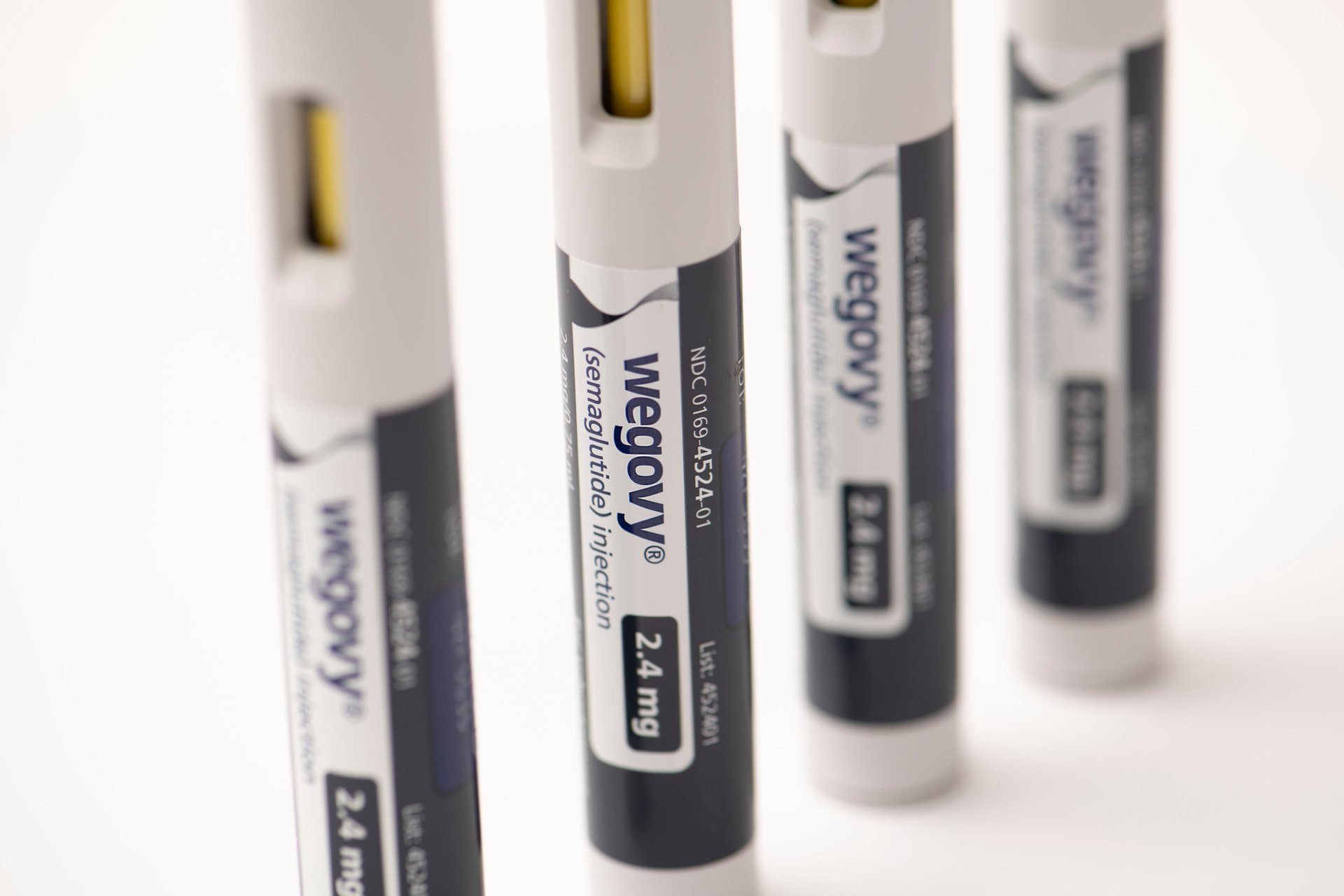Ozempic maker Novo Nordisk wants the FDA to crack down on knockoff weight loss drugs
The Danish pharma giant is arguing that semaglutide, the drug behind Ozempic and Wegovy, is too complex for compounding pharmacies to make safely

Ozempic maker Novo Nordisk (NVO) is asking the U.S. Food and Drug Administration (FDA) to prohibit compounding pharmacies from making off-brand versions of semaglutide, the active ingredient in its blockbuster weight loss and diabetes medications.
Suggested Reading
The Danish pharma giant argued in documents submitted to the agency this week that the drug is too complex for pharmacies to make safely and that it belongs in the FDA’s Demonstrable Difficulties for Compounding Lists. Drugs included in these lists are off-limits for compounding pharmacies, regardless of a drug’s shortage status.
Related Content
The move comes as both Novo Nordisk and its rival Eli Lilly, the maker of competing medications Zepbound and Mounjaro, are trying to curb the sale of off-brand versions of their popular GLP-1 treatments.
GLP-1 drugs, which mimic a hormone that regulates appetite and blood sugar, have become highly sought after for their remarkable effectiveness in treating obesity and Type 2 diabetes.
Compounding refers to the customization of an approved drug by a pharmacy or physician to meet the specific needs of an individual patient.
Normally, the Food, Drug, and Cosmetic Act bans compounding drugs that are just copies of existing medications. However, if a drug is in short supply, it’s not seen as commercially available by the FDA. This loophole has led several digital health companies, online pharmacies, and wellness spas to produce and sell cheaper versions of brand-name weight-loss drugs during recent shortages.
Novo Nordisk told the FDA that its testing of compounded formulations of semaglutide found impurities that could put patients at risk.
An industry group has already come out against those claims.
“So Novo Nordisk is apparently so deeply concerned about patient safety that it’s taken them a whopping two-and-a-half years while their drug has been in shortage to conclude that the semaglutide API [active pharmaceutical ingredient] is so demonstrably difficult for compounding pharmacies to prepare that FDA now needs to place it off-limits for compounding?” said Alliance for Pharmacy Compounding CEO Scott Brunner in statement emailed to Quartz.
“To me, this looks more like desperation and an attempt by Novo to protect its revenue stream than a serious scientific argument,” Brunner added.
Earlier this month, the FDA marked the shortage of tirzepatide, the active ingredient in Eli Lilly’s Zepbound, as resolved. Eli Lilly (LLY) quickly started sending cease-and-desist letters to any company selling copycat versions.
In response, the Outsourcing Facilities Association filed a lawsuit in Texas against the FDA, challenging its decision to remove tirzepatide from its shortage list and demanding that the move be reversed.
In its lawsuit, obtained by Ars Technica, the group called the FDA’s decision “reckless and arbitrary” and argued that it would “deprive patients of a vital treatment for type 2 diabetes and obesity.”
In a court filing, the FDA said pharmacists could resume making compounded tirzepatide as it reconsiders its decision to remove the drug from its shortage list.
While compounding is now temporarily allowed, Eli Lilly has shifted its strategy to filing false advertising lawsuits against medical spas and online sellers marketing tirzepatide products.
